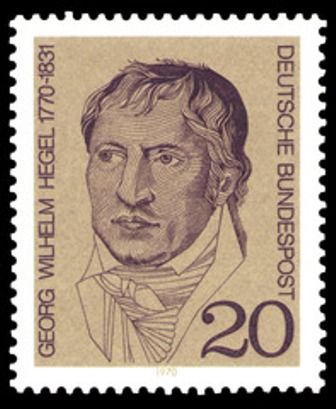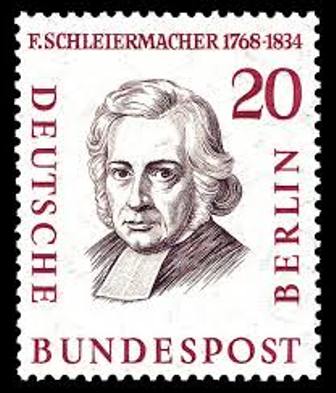Fred Sanders argues the interesting thesis that the doctrine of the Trinity in modernity is “Romantic” in its orientation. Although Enlightenment rationalism found no place for the Trinity, the Romantic impulse in modern thought funded a reinterpretation of the doctrine of the Trinity according to:
a) History: In rationalism, reason is supra-historical, necessary truth which must be real in all possible worlds. Here Lessing’s “ugly ditch”—the idea that accidental truths of history can never become proofs of necessary truths of reason—dismissed the doctrine of the Trinity to the realm of the unthinkable. Many modern theologians have been influenced by Hegel, however, and seek to relate God and history by having the latter as the medium within which the divine being is realised. Smith identifies Moltmann, Pannenberg and Jenson as examples.
b) Experience: Romanticism insisted that truth may or even must be experiential and not simply rational. Schleiermacher grounded theology in experience, and some following him have sought to correlate the doctrine of God and human experience—something Schleiermacher did not do. Sanders’ argument is not as strong here as it was for his previous assertion. The key to this category of trinitarian thought is the collapse of the immanent Trinity into the economic Trinity (Rahner, LaCugna). Elizabeth Johnson and other liberationists use the economic Trinity to explicate human experience. As such, the doctrine does not arise out of human experience—as Schleiermacher also insisted.
c) Retrieval: As a response or reaction to the “thinness” of theology in Enlightenment thought, retrieval theologies hope to restore biblical and patristic priorities with robust and confident explications of faith.
Sanders ends by suggesting that the doctrine of the Trinity was never really lost (and hence did not need to be “rediscovered”) in modernity, except among those who accepted Enlightenment criticism as primary. Under that pressure modern theologians transposed the doctrine into categories of history and experience. This certainly opened opportunities for trinitarian reflection which hitherto had not been explored, but also in some ways distorted the doctrine.
My interest is twofold: first, the idea that modern theologians have appealed to Romantic categories of thought to explicate their doctrine of the Trinity; that is, they appealed to one mode of modern thought against another. Second, while Sanders hints that these modern explications have some value in theological reflection, he is concerned that the doctrine itself has been reinterpreted in unwarranted ways. Stephen Holmes has argued that point more polemically in his recent The Holy Trinity: “In brief, I argue that the explosion of theological work claiming to recapture the doctrine of the Trinity that we have witnessed in recent decades in fact misunderstands and distorts the traditional doctrine so badly that it is unrecognizable” (xv). More on Holmes’s argument later.
See Sanders, F., “The Trinity” in Mapping Modern Theology: A Thematic and Historical Introduction (Kelly M. Kapic & Bruce L. McCormack (eds); Grand Rapids: Baker Academic, 2012) 21-45.

